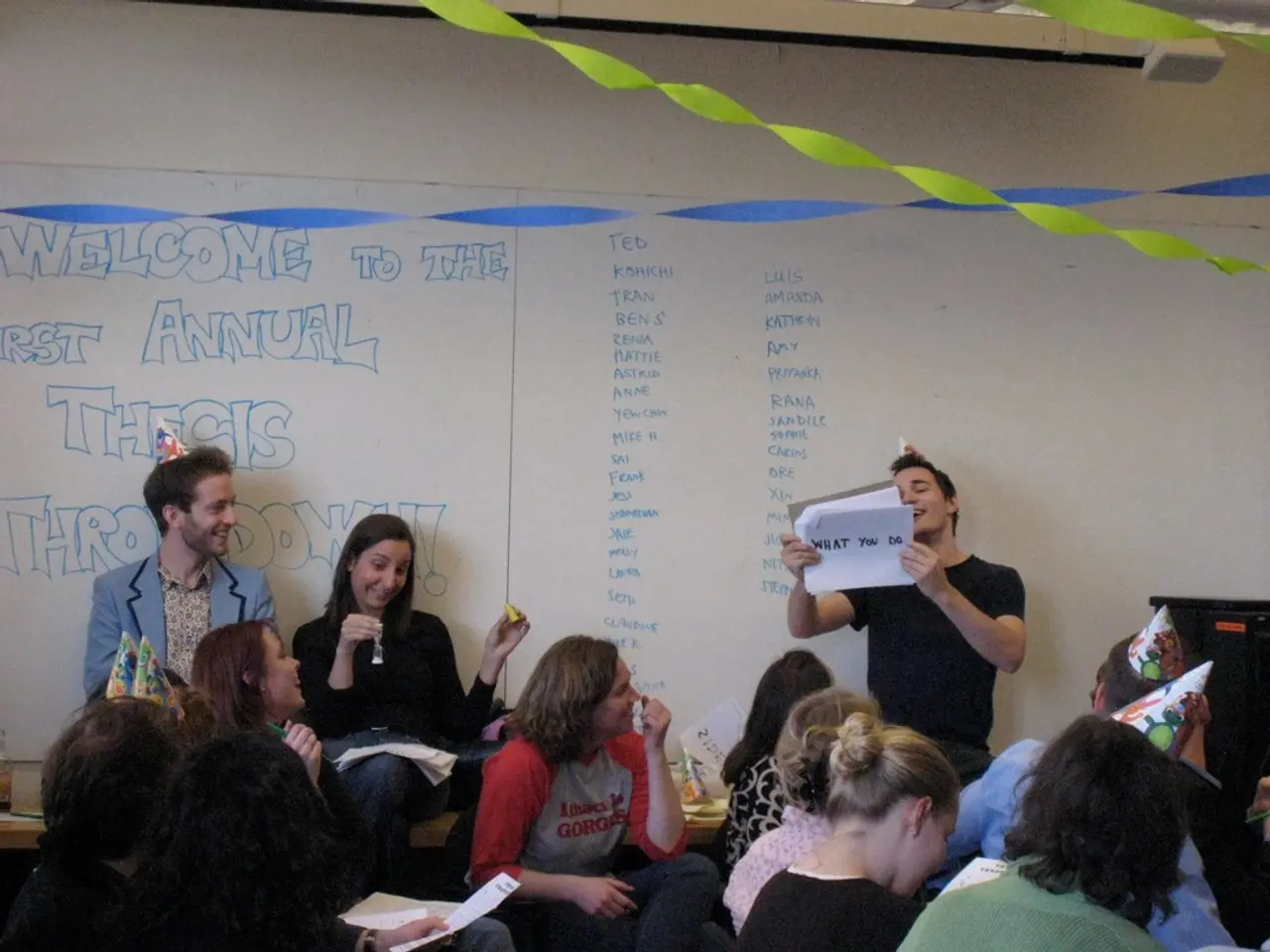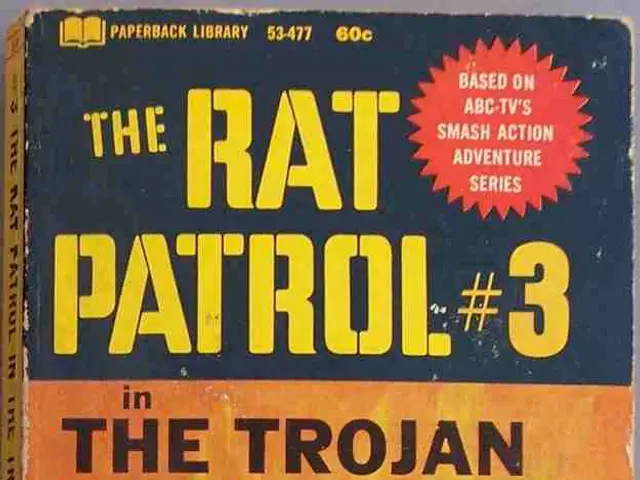Commemoration Holds Imperative Reminder of a Melancholic Achievement
Japan remains outside the global nuclear disarmament framework established by the U.N. Treaty on the Prohibition of Nuclear Weapons (TPNW), as it has not signed or ratified the treaty as of 2025 [5]. This decision is primarily due to the country's strategic reliance on the U.S. nuclear umbrella for its security.
Despite this, Japan maintains a strong symbolic and moral commitment to nuclear disarmament. This commitment is deeply rooted in the country's unique history as the only nation to have suffered atomic bombings. The surviving Hibakusha (atomic bomb survivors) and many civil society groups in Japan are actively advocating for nuclear disarmament and raising awareness of the humanitarian consequences of nuclear weapons [1][3].
Japanese grassroots movements, such as Nihon Hidankyo, which was awarded the 2024 Nobel Peace Prize, continue to push for a world free of nuclear weapons through witness testimony and advocacy [3].
The country's non-signature of the TPNW has drawn criticism from the international community, particularly as global leaders and civil society increasingly call for nuclear disarmament and a world free of nuclear weapons [2][4]. However, Japan's government balances its disarmament ideals with its security alliance commitments, leading to a cautious and complex stance.
On the anniversary of the atomic bombing of Nagasaki in 2025, Mayor Shiro Suzuki issued a stark warning about escalating global tensions and unresolved conflicts leading to a nuclear war. Prime Minister Shigeru Ishiba reaffirmed Japan's adherence to its three non-nuclear principles [5].
The ceremony at the Peace Memorial Park in Nagasaki honoured Nihon Hidankyo for its enduring advocacy for nuclear disarmament. The memorial ceremony included representatives from 95 countries and territories. A moment of silence was observed at 11:02 a.m., the exact time of the bombing in 1945.
Attendees, including a 14-year-old from Osaka, were urged to uphold peace and prevent the repetition of such tragedies. Suzuki, the A-bomb survivor organization's leader, urged world leaders to commit to the principles of the U.N. Charter and take concrete steps to eliminate nuclear weapons [5].
The dwindling number of survivors and the persistence of geopolitical hostilities underscore the message. The "Fat Man" plutonium bomb, which was dropped on Nagasaki in 1945, instantly killed thousands. The memory of this horrific event serves as a constant reminder of the urgency of nuclear abolition.
In summary, Japan's stance on nuclear weapons is a topic of discussion, as it does not possess, produce, or permit nuclear weapons but has strategic reliance on the U.S. nuclear deterrent. The country's commitment to nuclear disarmament is evident in its domestic advocacy efforts and international diplomacy, but its security concerns have thus far prevented it from joining the U.N. Treaty on the Prohibition of Nuclear Weapons.
Read also:
- Court petitions to reverse established decision on same-sex marriage legalization
- Trump's enforcement actions in Washington D.C.: Insights from the political arena
- Chinese Ambassador issues stern message to India regarding Trump's tariffs in midst of escalating trade feuds
- Aircraft collides with another one on the runway during landing at Montana airport, igniting flames







